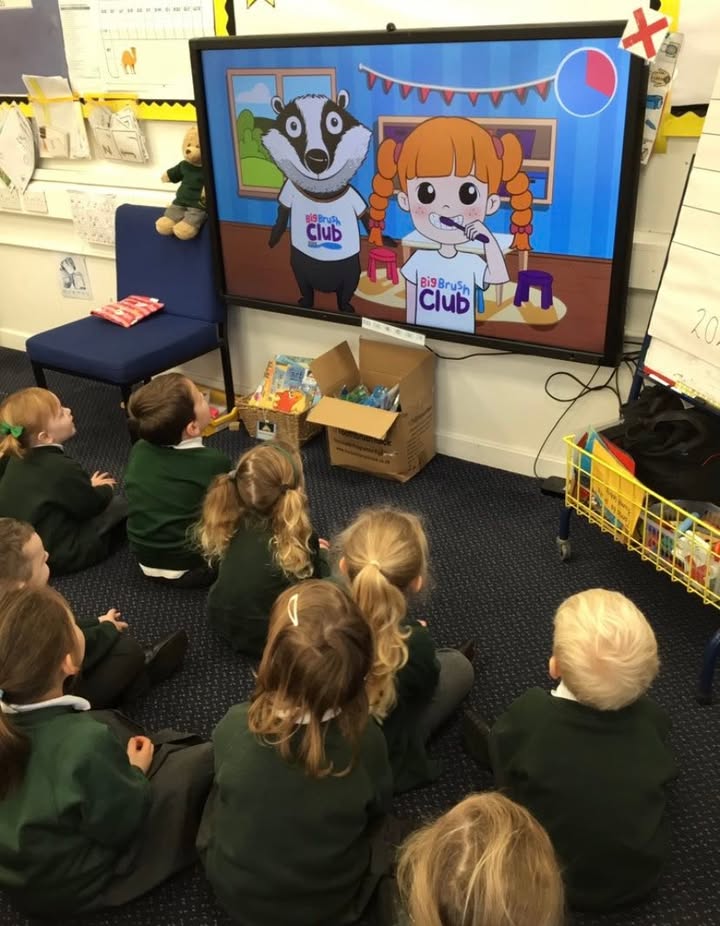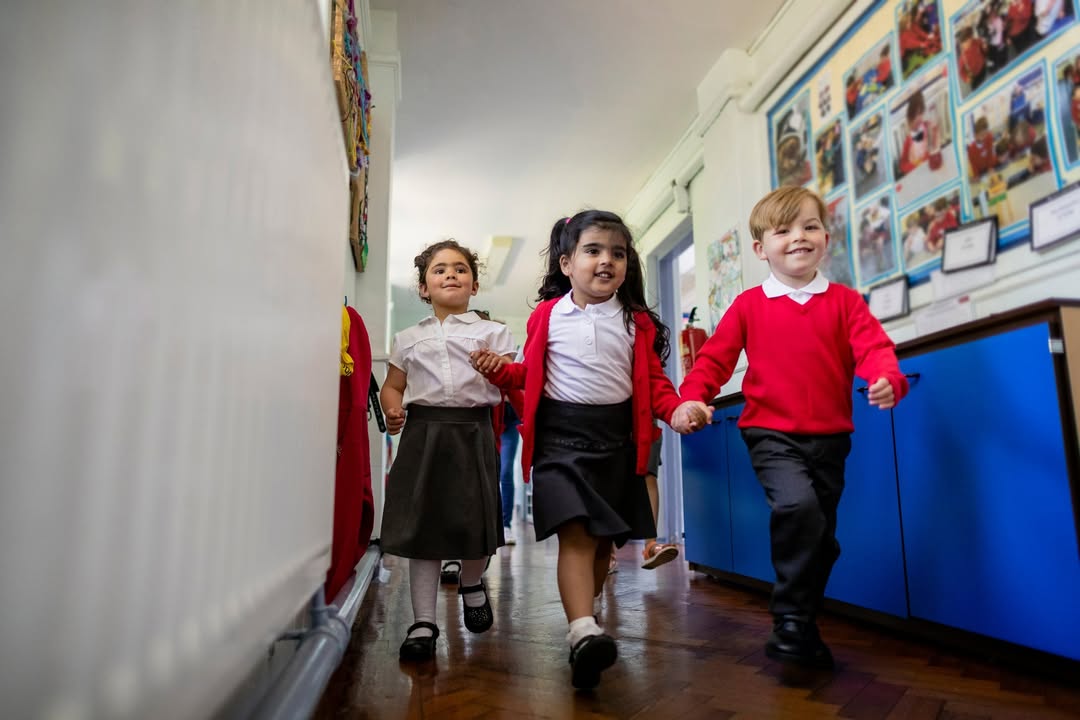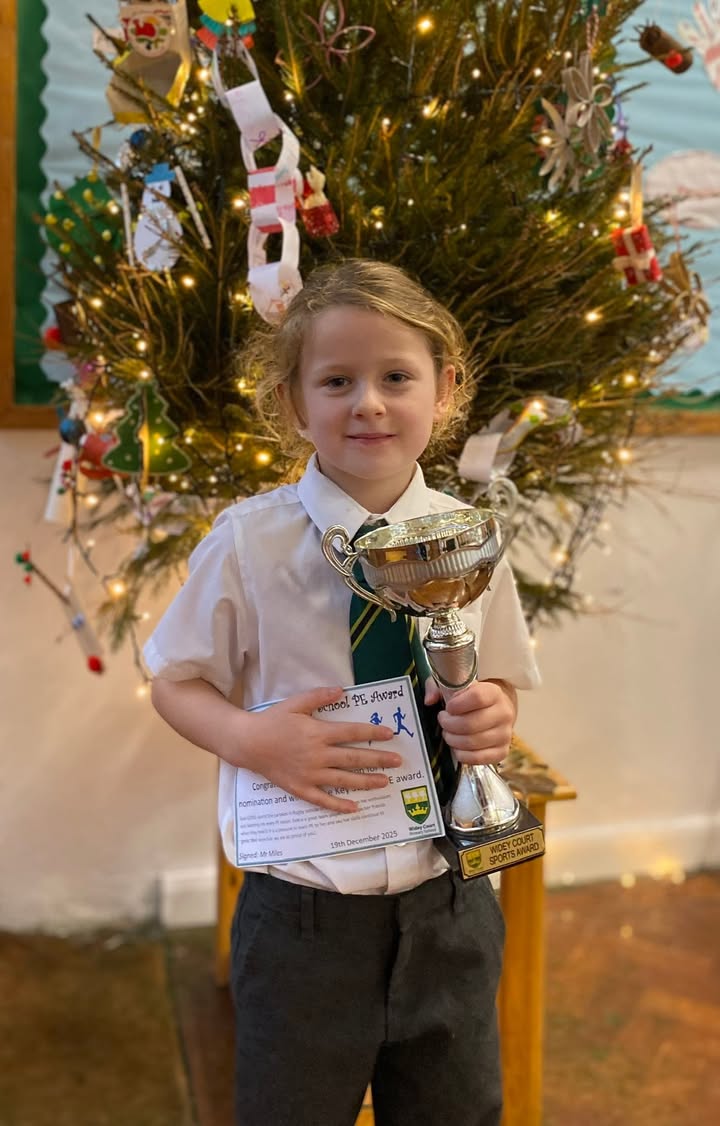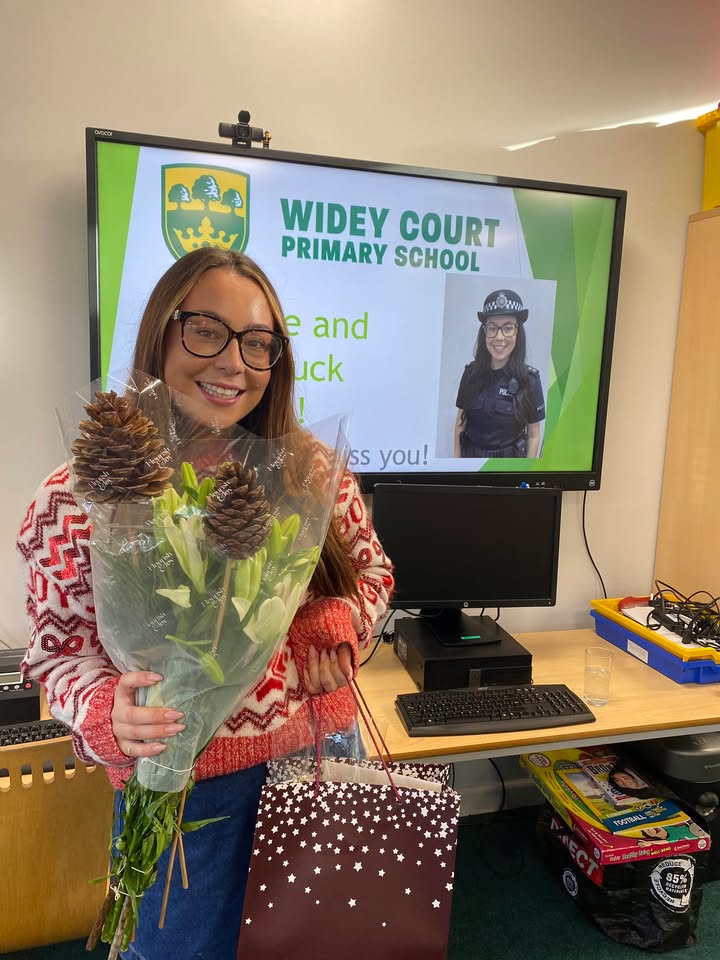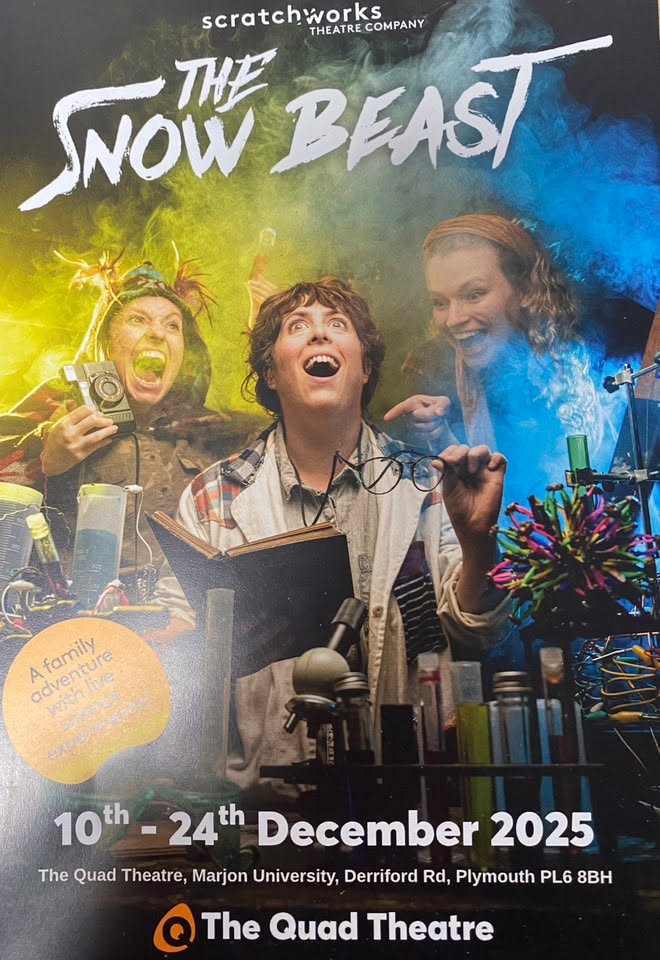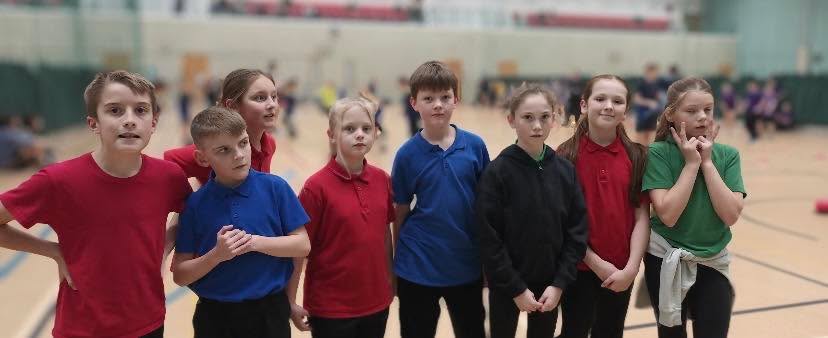About this curriculum
We enable the children to communicate in both oral and written work confidently, clearly and concisely. This allows the children to use writing to express themselves coherently, adapting their language and style for the context, purpose and audience at hand.
Children learn to apply reading skills in their everyday lives. By developing a love of reading for pleasure and the ability to access learning in a variety of subjects, we know that our children will be able to communicate effectively in the wider world.
We strive to equip our children with the skills and knowledge they need for their school career and beyond.
Speaking and Listening

Oracy
As a school, we understand that speaking and listening skills (oracy) are what underpin the entire curriculum.
We would like all children to become confident and skilled at speaking and listening by the time they leave our school. We support all our children in achieving this through the use of talking partners, pupil presentations e.g. Eco Council and School Council, poetry recitals, assembly performances and debates which take place in classes, year groups and in whole school situations. These are planned in as part of our writing curriculum and is an essential part of the learning journey.
Our school welcomes many families with English as an additional language and we support these children with a variety of speaking and listening intervention programmes such as BLAST led by highly skilled staff. In addition to this, vocabulary is explicitly taught and secured through images and a range of strategies to ensure the classroom is inclusive to all learners.
Phonics and Early Reading

Essential Letters and Sounds
Essential Letters and Sounds (ELS) is our chosen Phonics programme. The aim of ELS is ‘Getting all children to read well, quickly’. It teaches children to read by identifying the phonemes (the smallest unit of sound) and graphemes (the written version of the sound) within words and using these to read words.
Children begin learning Phonics at the very beginning of Reception and it is explicitly taught every day during a dedicated slot on the timetable. Children are given the knowledge and the skills to then apply this independently.
Throughout the day, children will use their growing Phonics knowledge to support them in other areas of the curriculum and will have many opportunities to practise their reading. This includes reading 1:1 with a member of staff, with a partner during paired reading and as a class.
Children continue daily Phonics lessons in Year 1 and further through the school as necessary to ensure all children become confident, fluent readers.
We follow the ELS progression and sequence. This allows our children to practise their existing phonic knowledge whilst building their understanding of the ‘code’ of our language GPCs (Grapheme Phoneme Correspondence). As a result, our children can tackle any unfamiliar words that they might discover.
Children experience the joy of books and language whilst rapidly acquiring the skills they need to become fluent independent readers and writers. ELS teaches relevant, useful and ambitious vocabulary to support each child’s journey to becoming fluent and independent readers.
We begin by teaching the single letter sounds before moving to diagraphs such as, ‘sh’ (two letters spelling one sound), trigraphs ‘igh’ (three letters spelling one sound) and quadgraphs ‘eigh’ (four letters spelling one sound).
We teach children to:
- Decode (read) by identifying each sound within a word and blending them together to read fluently
- Encode (write) by segmenting each sound to write words accurately.
The structure of ELS lessons allows children to know what is coming next, what they need to do, and how to achieve success. This makes it easier for children to learn the GPCs we are teaching (the alphabetic code) and how to apply this when reading.
ELS is designed on the principle that children should ‘keep up’ rather than ‘catch up’. Since interventions are delivered within the lesson by the teacher, any child who is struggling with the new knowledge can be immediately targeted with appropriate support. Where further support is required, 1:1 interventions are used. These interventions are short, specific and effective.
Supporting Reading at Home:
- Children will only read books that are entirely decodable, this means that they should be able to read these books as they already know the code contained within the book.
- We only use pure sounds when decoding words (no ‘uh’ after the sound)
- We want children to practise reading their book 4 times across the week working on these skills:
Decode – sounding out and blending to read the word.
Fluency – reading words with less obvious decoding.
Expression – using intonation and expression to bring the text to life!
We must use pure sounds when we are pronouncing the sounds and supporting children in reading words. If we mispronounce these sounds, we will make reading harder for our children. Please watch the videos sent home from your child's class teacher.
Any books that are not yet decodable for the children will be a 'sharing book'. These books are there for you to read with you child, helping to instil a love of reading from the very beginning of their reading journey. These could be read together with your child reading the words they are able to decode or could be read to your child..
More support for parents and carers can be found here:
https://home.oxfordowl.co.uk/reading/reading-schemes-oxford-levels/essential-letters-and-sounds/
Reading

Reading at Widey Court Primary aims to prepare students for secondary education by ensuring fluency and confidence in reading across all subjects. The curriculum adheres to the National Programmes of Study for Key Stages 1 and 2, focusing on two key dimensions: decoding words and comprehension. Initial reading instruction emphasizes phonics to help young learners decode unfamiliar words.
The school employs a variety of instructional materials and programs, like Oxford Owl, Big Cat Collins, Pearson, and Project X. The Accelerated Reader programme further personalizes and motivates reading practice. Students undergo a Star Test to identify their Zone of Proximal Development (ZPD), helping them choose books that challenge but don't overwhelm them. Reading quizzes are used to monitor understanding, aiming for scores between 80% and 100%.
Widey Court values reading as a tool for building vocabulary and fostering imagination. The school encourages reading both for pleasure and academic growth, supported by a daily reading culture within the school. Teachers are not only skilled in teaching reading but are avid readers themselves, often participating in book clubs and sharing quality texts.
Various instructional methods are used, including shared reading, guided reading, and independent practice. The teaching of vocabulary is integrated into daily lessons, and comprehension is developed through discussions, drama, and other arts. Reading is also incorporated into other subjects to enrich overall subject knowledge. Parents are considered key partners in nurturing a love for reading, and the school puts effort into engaging them.
The school ethos strongly centers around reading, aiming to create a holistic reading culture. This involves not just skill-building but also fostering a love for reading and a deep understanding of its value.
Writing

Writing
Writing begins as soon as a child can make marks on a page. Gross and fine motor skills are developed through our provision within EYFS, ensuring all children are developmentally prepared to form letters correctly. They are supported in developing their larger muscles (gross motor) and fingers (fine motor) to help them to hold a writing tool and make marks.
Letter formation is discretely taught in phonics sessions in the early years and developed in Year 1 and beyond using the Teach Handwriting scheme.
In Key Stage 1 and 2, children are taught the skills of writing through the carefully planned English.
Each unit of work builds on phases towards a final outcome in writing which also includes strong elements of reading. This may be fiction, non-fiction or poetry.
Phase 1.
This starts with a ‘hook’ at the beginning of a new unit. These hooks are designed to spark the children’s interest. This is then referred back to when writing. Hooks help to develop vocabulary and imagination e.g. finding a note written from an important person, finding signs of a mysterious slipper, a visit to the aquarium, finding all the chairs turned upside down, holding a mysterious wooden ‘club’, author visits, images as well as film clips. At the start of each unit there are also book hooks of our key texts. Each unit has an overarching purpose - this could be to entertain, inform, instruct...
Every unit has a particular 'audience' who the children know will be reading the final outcome. Steps to success for the final piece are taught over the course of a unit.
Children are taught to understand the genre (text type), its features, organisation and grammatical structures. They use powerful examples to capture ideas and decide why these are appropriate for their final writing outcome.
Phase 2.
Children are taught grammar and punctuation in context. These tools are split into vocabulary tools, grammatical tools, punctuation tools and author tools. They complete sentence and word level work to develop the specific skills in order to apply them to their own writing. At this phase teachers will model how to apply the tools taught so far.
Phase 3.
A final part of the English writing journey is where the writing is highly scaffolded by the teacher. Teachers adopt a ‘writer’s voice’ and explicitly model the choices writers make to directly impact the reader. At this point, the children are taught to plan their writing in a variety of ways from boxing up and flow charts to story mountains. Children are then able to innovate a new piece of writing having been taught to use the good examples (What A Good One Looks Like) throughout the learning process. Children are then taught and encouraged to edit their own work in order to make improvements. This is a vital part of the process involving ‘self-voice’ and self-assessment. Children are taught to edit for sense, punctuation, spelling, paragraphing, effective vocabulary choices. They then publish their writing in a final piece. This then takes its journey to the final destination for the audience.
Spelling
Our spelling curriculum follows on from the Essential Letters and Sounds Phonics programme taught in Reception and Year 1. We then focus on the spelling patterns in Year 2 and beyond developing the children’s understanding of the rules of spelling using the Westover Green Spelling Scheme and the Common Exception Words (National Curriculum) required in each year group. Children have homework which mainly focusses on the Common Exception Words for their year group. These are taught in a repetitive pattern in order to support 'automaticity' (knowing the spelling with rapid recall).















